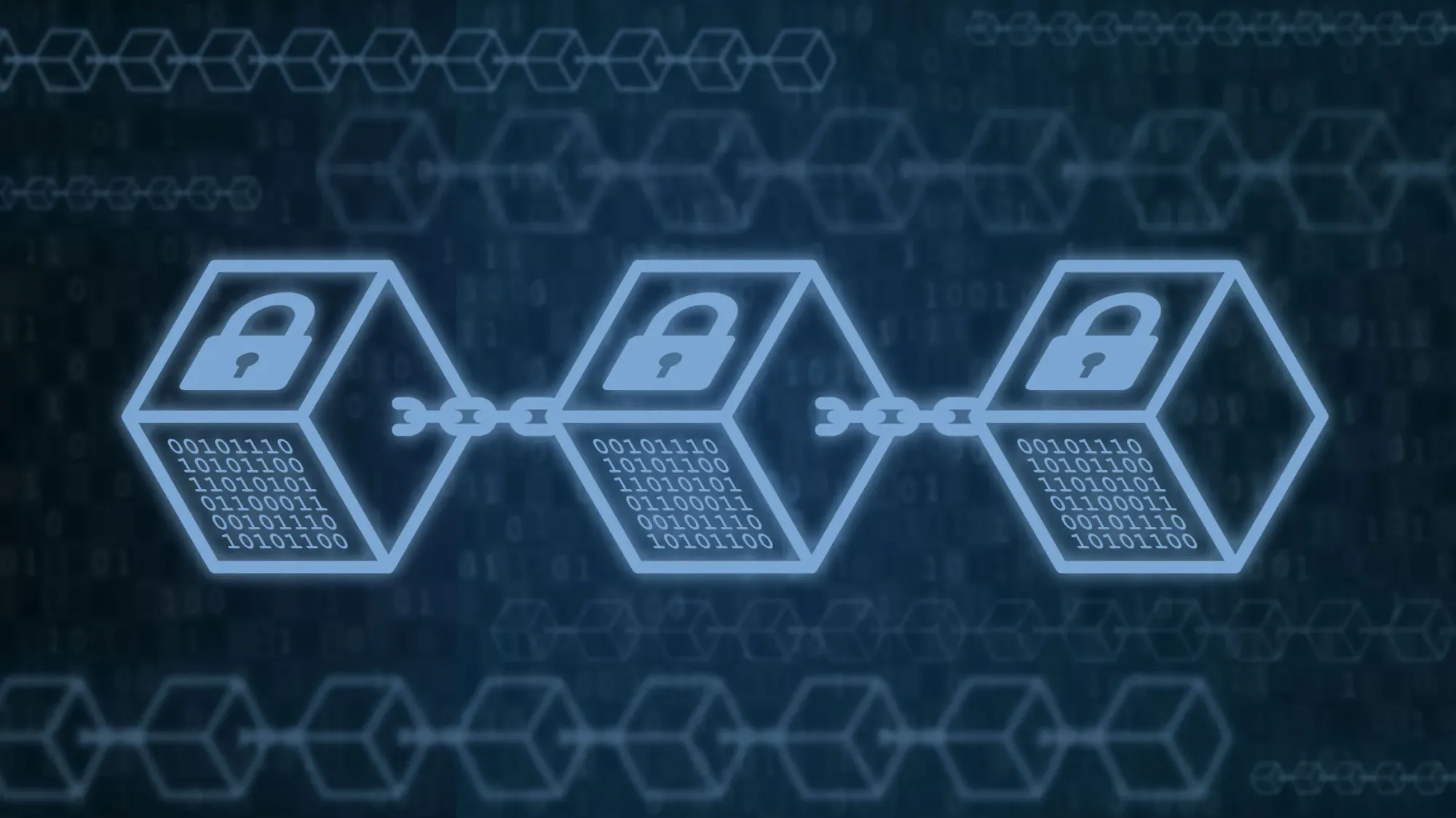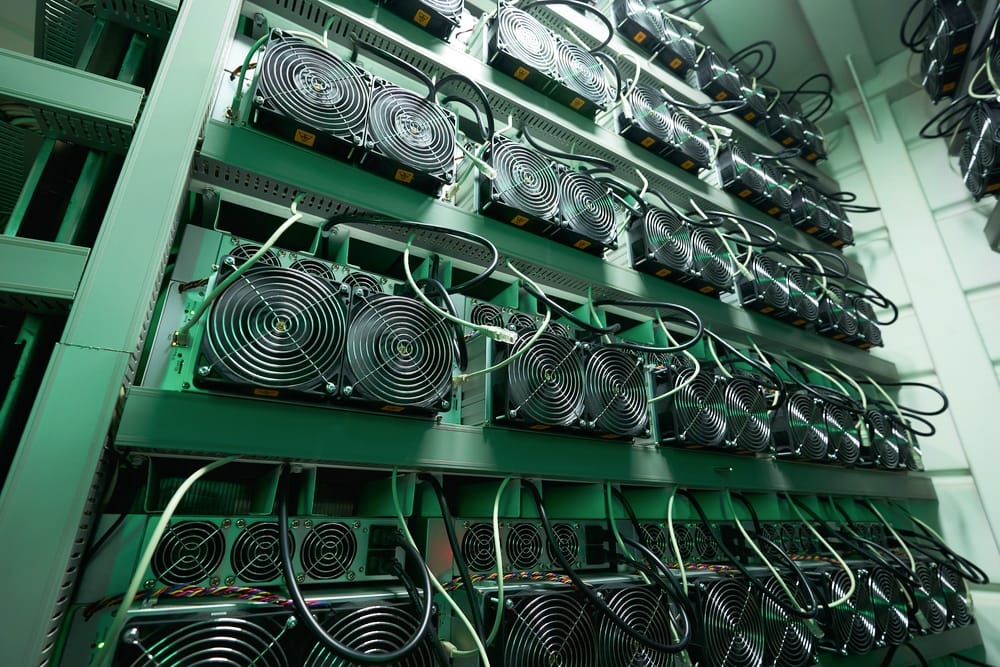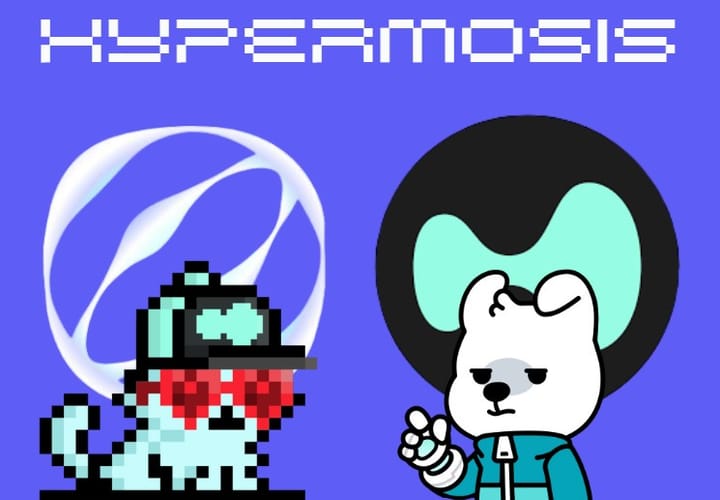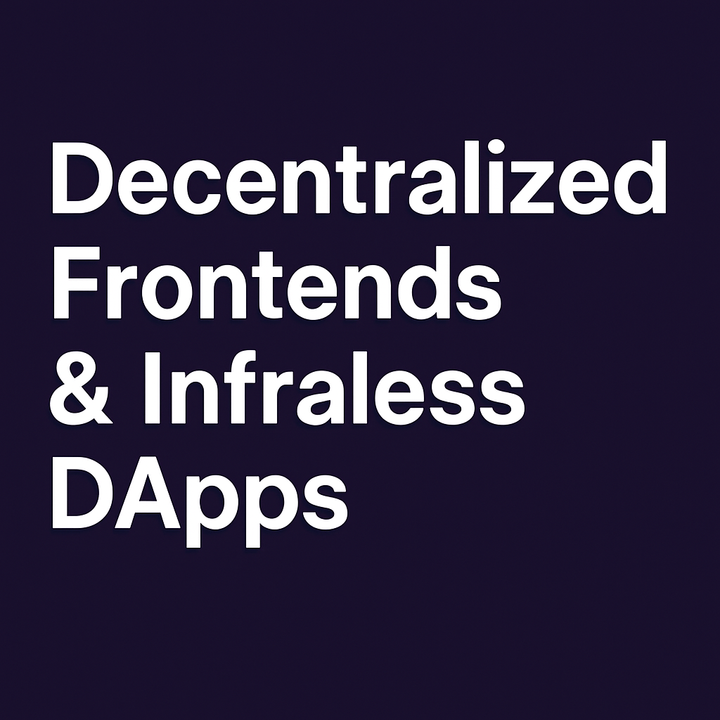So, What Is This Thing Called Blockchain? Understand It Without the Fluff

Have you ever wondered what blockchain is, how it works, and why so many people say this technology could change the world? If so, you’re not alone. Many questions surround this topic — including whether blockchain is more important than Bitcoin itself.
In this article, we’ll get straight to the point. No fluff.
What Is Blockchain?
Blockchain is, quite literally, a chain of immutable digital data blocks. Think of it as a public and tamper-proof ledger. Once information enters this ledger, it cannot be altered or deleted.
Each block is encrypted and connected to the previous one through a unique identifier called a hash, which acts like a digital fingerprint. This link between blocks ensures that if anyone tries to tamper with a single piece of data, the entire chain will be affected — and the entire network will detect the fraud.

What Is Blockchain Used For?
The most well-known application of blockchain is Bitcoin. In this context, it functions as an accounting ledger that stores every transaction made with the cryptocurrency since 2008, along with the balances of all wallets.
But blockchain’s potential goes far beyond Bitcoin. Today, there are thousands of projects built on this technology. Some are revolutionary. Others, not so much. The truth is that blockchain has the power to transform how we record, validate, and protect information across various industries — from healthcare to the public sector.
How Do Blockchain Transactions Work?
To validate and record a new transaction on the blockchain, a process called mining is required. Super-powerful computers known as miners solve complex mathematical problems to insert new blocks into the chain. In return for their computational effort, they are rewarded with Bitcoin.
This system is called Proof of Work, and it regulates the issuance of new bitcoins. The total supply is capped at 21 million coins, and mining will continue until around the year 2140.

Security and Decentralization
What makes blockchain so secure is its decentralized nature. Every computer participating in the network holds a complete copy of all blocks ever created. In other words, for the network to go down, all existing copies would need to be destroyed.
If just one computer with the blockchain data survives, the entire network is preserved. That’s why people say it's even resistant to global catastrophes. On top of that, anyone can audit the network, eliminating the need for intermediaries to ensure data integrity.
It Goes Far Beyond Cryptocurrencies
Blockchain can be used to record contracts, public documents, election votes, medical records, and much more. Its transparency and immutability make it a powerful tool to bring more security and trust to processes that today depend on centralized institutions.
Imagine a public system where records can’t be altered or deleted, are visible to everyone, and can be audited by any citizen. That’s the kind of transformation blockchain can bring.
The revolution has already begun — and you're part of it. Now that you understand the basics, here’s the question: how could blockchain improve your life or your work?
Share your ideas, join the conversation, get involved. The technology is here — and its impact depends on how we choose to use it.


Comments ()